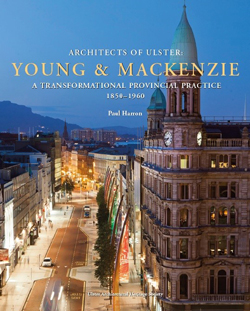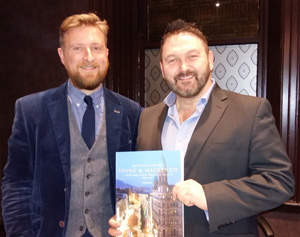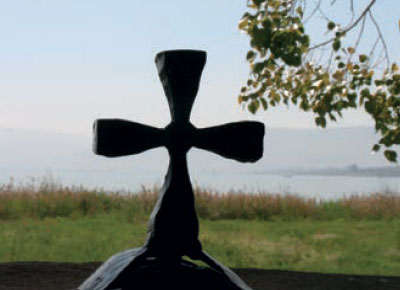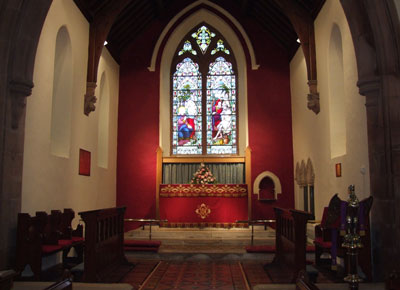Press Officer sees new book on transformational Ulster architects published
Dr Paul Harron, Church of Ireland Press Officer, has written a book focusing on the work and achievements of prolific Ulster architectural practice and family dynasty, Young and Mackenzie.
Architects of Ulster: Young & Mackenzie – A Transformational Provincial Practice, 1850-1960, published by the Ulster Architectural Heritage Society, was launched on November 17 at one of the keynote Belfast buildings which the firm designed and worked from for much of the twentieth century.
The event took place on the terrace of the stately Scottish Provident Buildings in Donegall Square West, Belfast, and the publication was launched by BBC broadcaster William Crawley.
Architects of Ulster: Young & Mackenzie documents the work of this vibrant Belfast-based architectural and civil engineering practice which was established in the early 1850s and survived for three family generations, quickly becoming pivotal to the transformation of Ulster’s built environment. This ‘powerhouse’ of provincial architecture designed large-scale keynote Belfast structures such as the Presbyterian Assembly Buildings (or ‘Church House’), the Ocean Buildings and Scottish Provident Buildings, as well as Robinson & Cleaver’s and Anderson & McAuley’s department stores along with scores of other buildings which make up much of Ulster’s architectural fabric.
 This attractively designed 400-page volume features over 600 colour images including many archival images reproduced for the first time, and is the latest publication by the UAHS which is known for its high-quality publications on the built environment.
This attractively designed 400-page volume features over 600 colour images including many archival images reproduced for the first time, and is the latest publication by the UAHS which is known for its high-quality publications on the built environment.
Paul Harron said: “This monograph presents a story about business connections, patronage, survival and exceptional longevity, and a chronicle of the radical physical development of Ulster. It also provides an insight into the life of a firm of architects and notable historical Belfast figures, including Robert Young, the founder (who became an Irish Privy Councillor) and his historian son, Robert Magill Young.
“Buildings as well as people have fascinating stories to tell and I hope that this new book on Young & Mackenzie’s work will help make these building and the past come alive. It will interest all kinds of readers, from those who are intrigued by buildings as well as those interested in the history of this place especially from the Victorian period through to the twentieth century and indeed visitors to our towns and cities, especially Belfast.”
The volume covers commercial, institutional, domestic and ecclesiastical buildings and includes a comprehensive gazetteer of the firm’s output.
- Architects of Ulster: Young & Mackenzie – A Transformational Provincial Practice, 1850-1960 is available from Belfast Cathedral Gift Shop, selected bookshops and via the UAHS online at www.uahs.org.uk.
Price: £28
ISBN 978-0-900457-80-7
© Copyright The Church of Ireland Diocese of Connor 2026 | Web Design by LD2.digital





